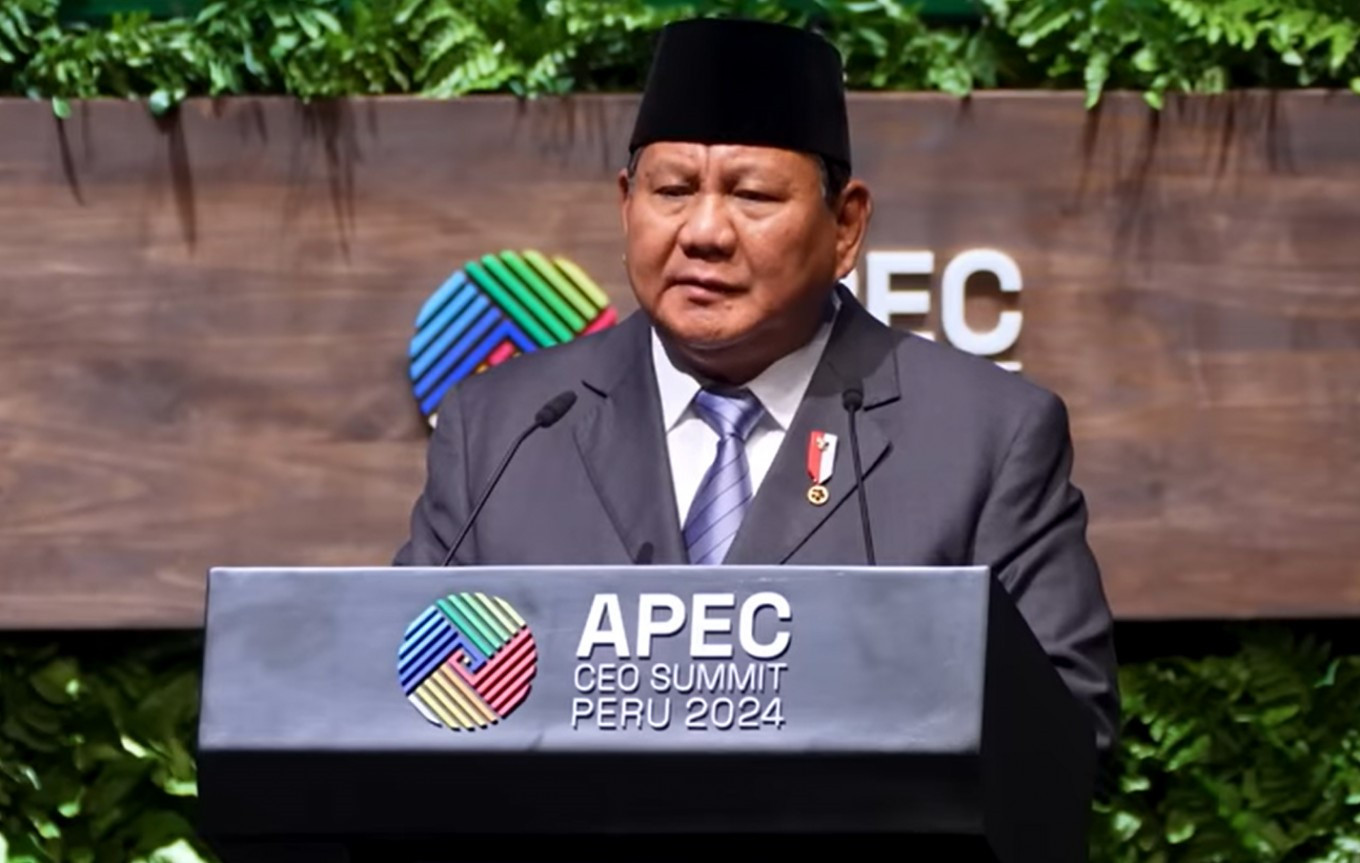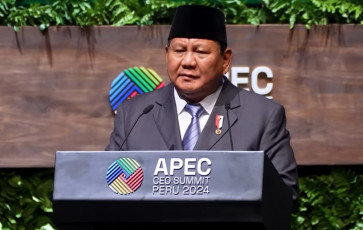Popular Reads
Top Results
Can't find what you're looking for?
View all search resultsPopular Reads
Top Results
Can't find what you're looking for?
View all search resultsIs Indonesia losing its interests on oceanic affairs?
Nearly seven decades after the Djuanda Declaration, it is a good time to reflect on Indonesia’s interest on oceanic affairs, especially under the new presidency of Prabowo Subianto.
Change text size
Gift Premium Articles
to Anyone
S
ixty-seven years ago, Indonesia made a bold step that contributed to changing the face of global ocean affairs and the law of the sea, forever. In 1957, the then prime minister Djuanda Kartawidjaja made a declaration asserting that Indonesia was a united archipelagic entity encompassing not only land territory but also maritime space among its thousands of islands. It was known as the Djuanda Declaration.
Indonesia brought that proposal to the global stage, asking that a country consisting of many islands and encompassing vast maritime areas like Indonesia be recognized as an Archipelagic State. With good collaboration and support from similar countries like Fiji and the Philippines, the proposal was finally accepted and adopted in the United Nations Convention on the Law of the Sea (UNCLOS) in 1982.
Nearly seven decades after the Djuanda Declaration, it is a good time to reflect on Indonesia’s interest in oceanic affairs, especially under the new presidency of Prabowo Subianto. One important move taken by Prabowo’s administration was the abolition of the Coordinating Maritime Affairs and Investment Ministry. The ministry was not just a coordinating body but also a prime mover, when it comes to maritime issues. To many, the dissolution came as a surprise and Indonesia may be seen as losing its strong interest in ocean affairs.
The Nov. 9 joint statement made by President Prabowo and Chinese President Xi Jinping on maritime collaboration also indicated an important change in Indonesia’s position regarding ocean affairs and the law of the sea. Through the statement, it was as if Indonesia recognized China’s so-called “nine-dash line” claim by explicitly stating that the two countries had reached a "common understanding on joint development in areas of overlapping claims". This can also be perceived as a significant change of Indonesia’s position in the South China Sea issue, even though the Foreign Ministry has officially clarified that Indonesia’s views regarding the nine-dash line remain unchanged.
It might be too early to judge but following the recent development, here are five key observations about Indonesia’s current maritime policy trajectory. First, with the removal of the Coordinating Maritime Affairs and Investment Ministry, Indonesia may lose centralized authority to oversee cross-sectoral maritime issues. This may risk inefficiencies in addressing complex challenges that Indonesia is currently facing such as maritime security, fisheries management and oceanic research.
Second, Indonesia might be perceived as having a softer stance on the South China Sea issue and this has raised eyebrows domestically and internationally. Countries in the region that have been directly affected by the nine-dash line claim of China might not be happy to see Indonesia’s changing position. This may in turn weaken Indonesia’s leadership position in the region.
Third, the move could potentially slow down investment in key maritime sectors, such as fisheries, port infrastructure and tourism. This could negatively impact small coastal communities and maritime industries as they struggle to thrive.



















